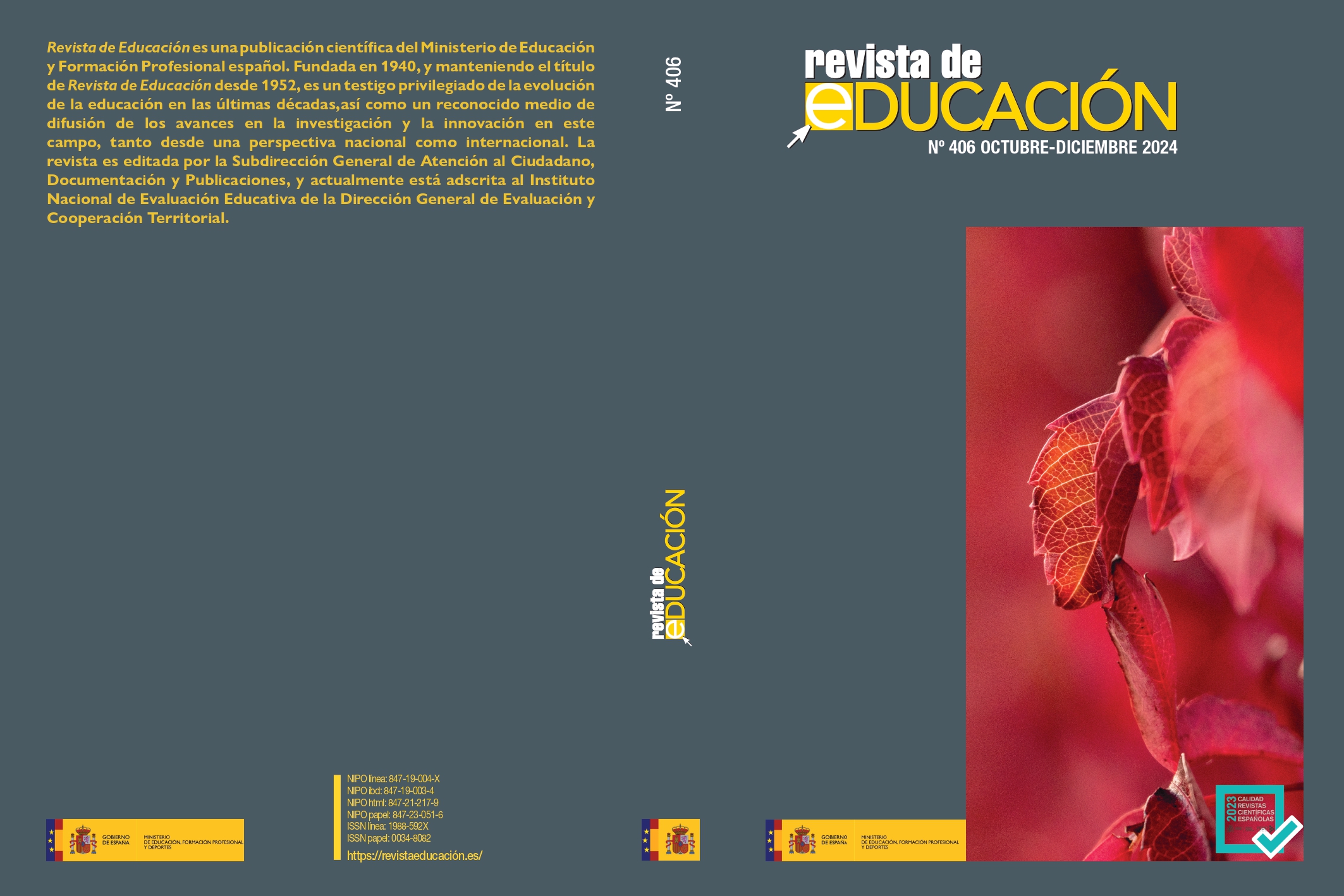La efectividad de la realidad virtual basada en video en la educación artística para el desarrollo de la inteligencia social y emocional en estudiantes de secundaria
Contenido principal del artículo
Resumen
El plan de estudios influye en el aspecto intelectual, social y psicoemocional del desarrollo de la personalidad. La comprensión del papel que la edad y la educación tienen en el desarrollo de la personalidad contribuyó al enfoque innovador del aprendizaje social y emocional (SEL). Este estudio compara los cambios en el desarrollo social y emocional en adolescentes mayores (15-19 años) que asistieron a clases de arte e historia del arte con realidad virtual basada en video. Para ello se utilizaron pruebas de psicodiagnóstico, análisis comparativo y métodos de investigación estadística. Las pruebas de inteligencia emocional se basaron en la teoría de los rasgos científicamente probada conocida como los Cinco Grandes. El IPIP-NEO-300 de Johnson se utilizó como una herramienta conveniente para el diagnóstico rápido de un gran grupo de encuestados. Cuatro grupos de estudiantes de último año de varias escuelas secundarias fueron seleccionados al azar para asistir al Programa Académico del Currículo de Arte de 6 semanas, especialmente desarrollado en base al principio de síntesis de las artes. Se realizaron pruebas de psicodiagnóstico al principio y al final del experimento. Los resultados se compararon con los del grupo de control de estudiantes de último año, que no asistieron a clases de arte. El estudio encontró diferencias estadísticamente confiables y significativas en todas las escalas del Cuestionario de Actitud Personal y la prueba IPIP-NEO-300. Demuestra el efecto positivo y estimulante del Programa SEL en el desarrollo de la personalidad, la autoestima y las habilidades comunicativas. Los presentes hallazgos confirman la hipótesis inicial de que el Programa SEL desarrollado afecta la inteligencia emocional y las habilidades sociales de los estudiantes. Los hallazgos también demuestran la importancia del aprendizaje social y emocional para la orientación profesional, la autodeterminación y la autorrealización (impulsores del éxito).
Palabras clave: programas académicos; adolescentes; Currículo de Arte; aprendiendo; aprendizaje social y emocional.

